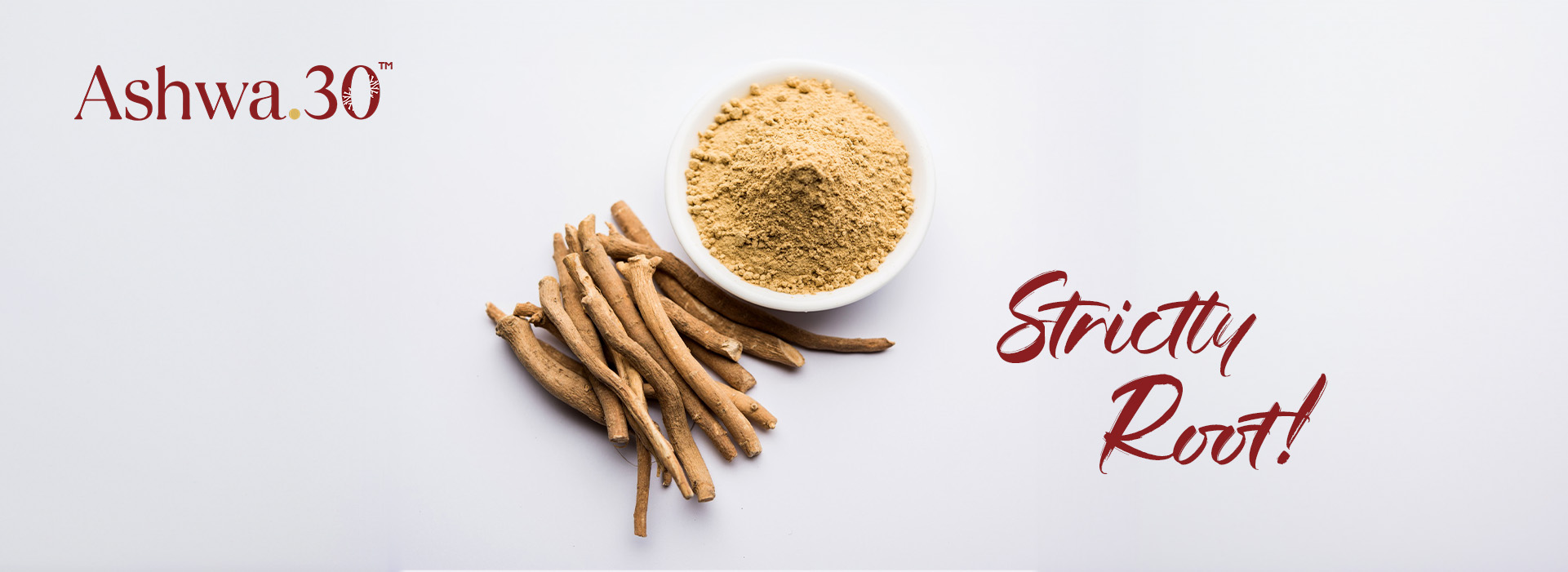

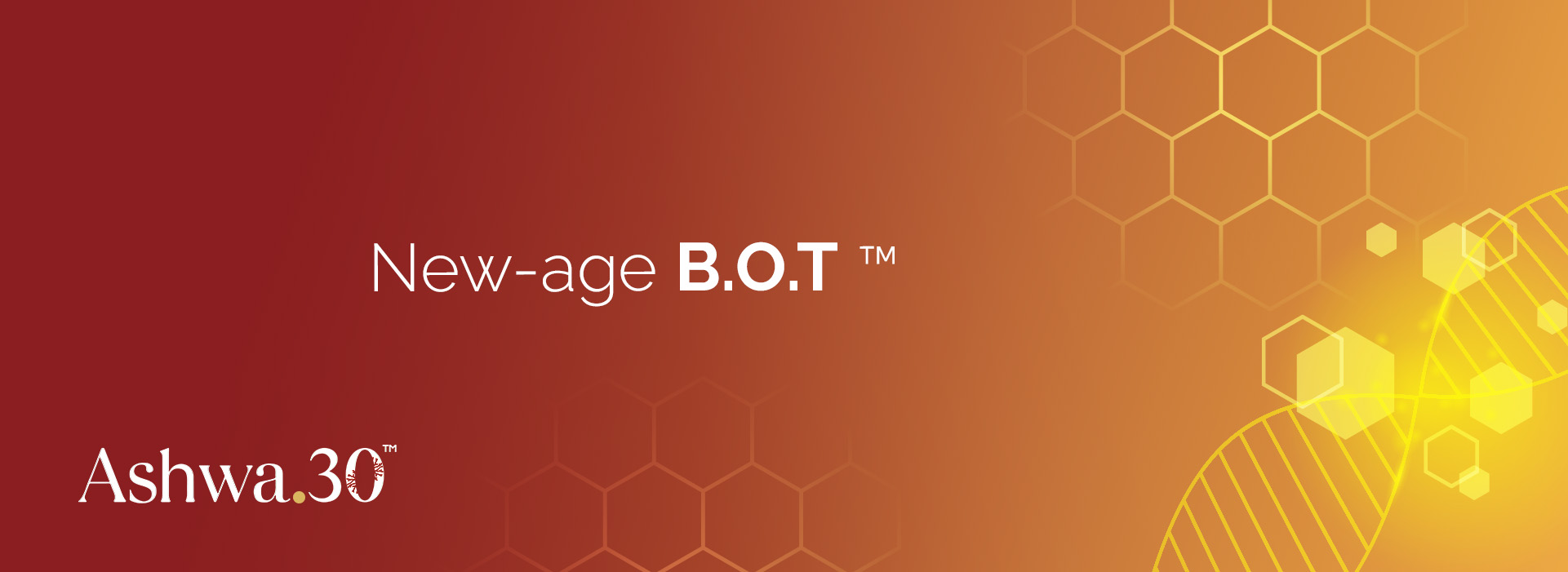
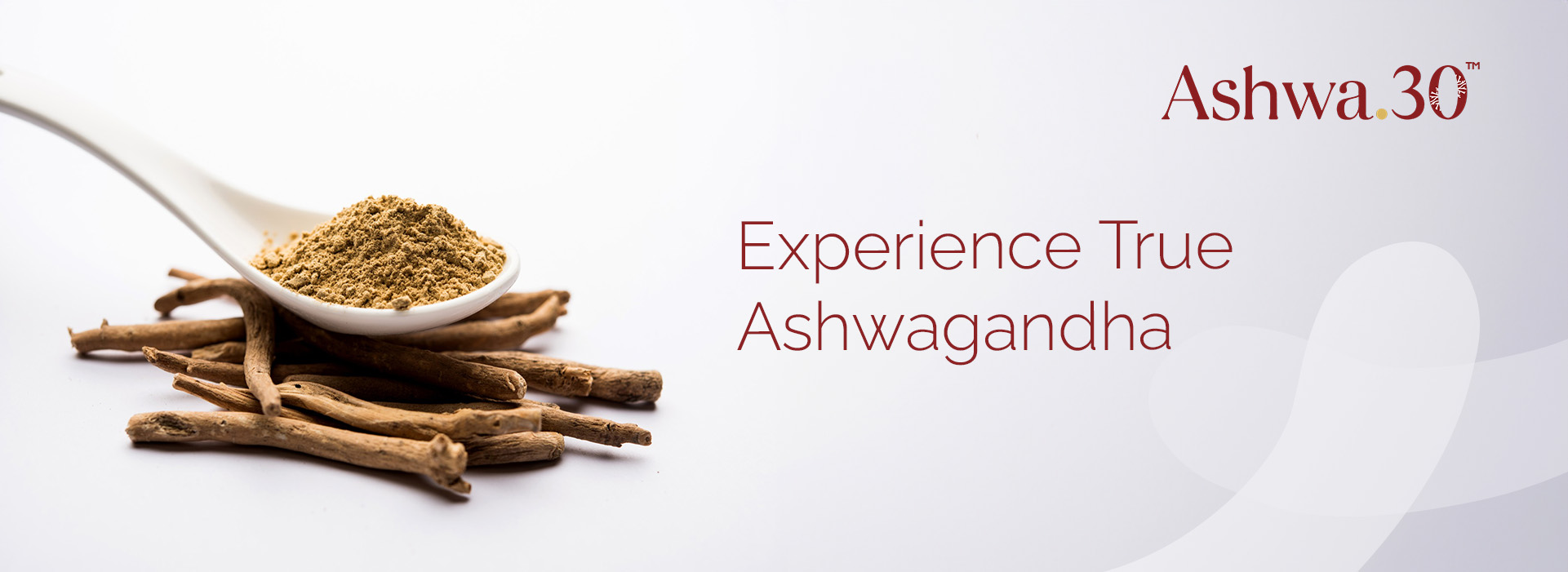
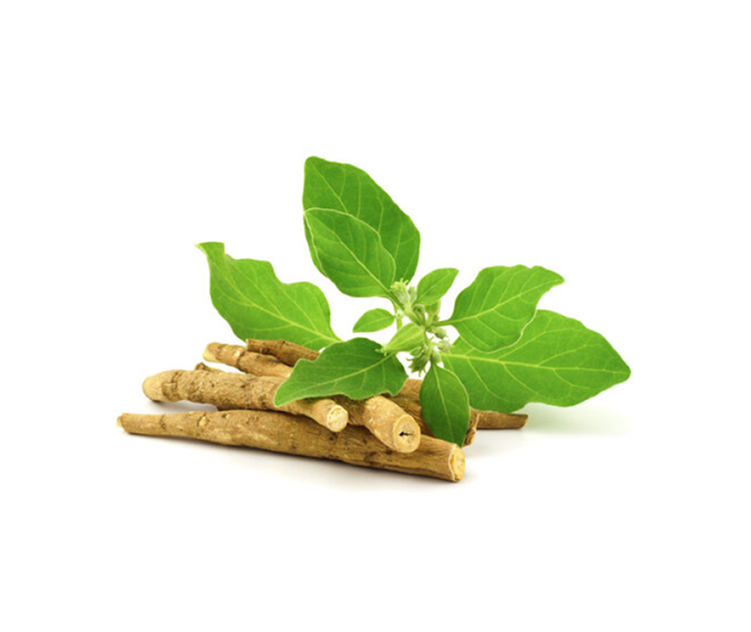
and its development
Used in traditional Indian medicine since 1000 BC, ashwagandha root is a powerful Rasayana—an adaptogen that helps the body navigate physical, biological and chemical stressors.1 This evergreen shrub, which is cultivated in tropical and subtropical areas of Asia, Africa and Europe, is officially known as Withania somnifera (L.) Dunal; the term ashwagandha comes from Sanskrit, combining ‘ashwa’ (horse) and ‘gandha’ (smell) to describe the wet horse smell of roots of the plant.
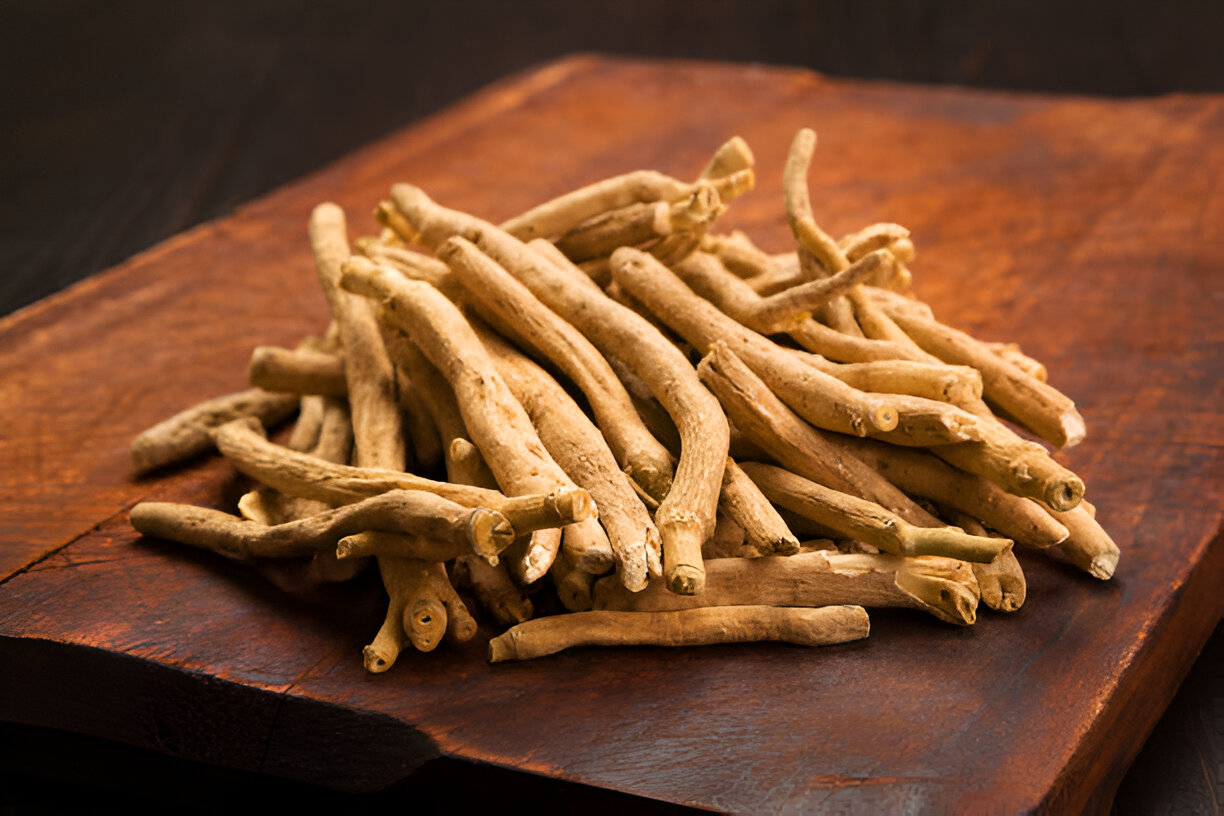
B.O.T
Natural Remedies leverages its proprietary, Bioactive Optimization Technology (B.O.T.)™ This state-of-theart technology combines the principles of chemistry and biological sciences to deliver a bioactive optimized extract, characterized by high bioactivity at low dose. This approach encompasses full spectrum activity, ensuring the delivery of an ingredient with enhanced efficacy, robust safety profile and with significant impact.
Energy, Endurance and Stress-relief
Cardiovascular Endurance:
Ashwa 30 significantly increases VO2 max levels in healthy individuals and helps them perform intense exercises for a longer period.
STUDY
Randomized, prospective, double-blind, placebo-controlled clinical trial
SUBJECTS
63 healthy adults; Ashwa 30: 30 mg/d and placebo.
ENDPOINT
Change in cardiovascular endurance, assessed by VO2 max.
Stress Reduction:
Ashwa.30 demonstrates a 38.5% reduction in cortisol levels compared to placebo at day 7, enhancing stress resilience.
STUDY
The randomized, double-blind, placebo-controlled trial
SUBJECTS
40 Healthy adults Ashwa.30 (30 mg/d) and placebo groups
ENDPOINT
Salivary cortisol collected at baseline, day 7 post-treatment, and day 7 post-MAST.
Mechanism of Action: Ashwa.30TM for Stress resilience and Performance Optimization
Adaptogens like Ashwa.30TM help in modulating cortisol levels and supporting physical performance
Inducing the State of Nonspecific Resistance (SNSR)

Modulating cortisol levels

Enhancing aerobic glycolysis, supporting efficient ATP production

Reducing lactic acid accumulation, delaying fatigue

Promoting sustained performance even under physical stress

Small Dose. Big Difference
Adults: 30 mg/ day

Applications
- Energy and Endurance supplements
- Sports nutrition
- Stress relief supplements
- Functional foods
